
Cinnamon ( Dalchini)
₹219.00 – ₹315.00Price range: ₹219.00 through ₹315.00 N/A
Cinnamon (Dalchini)
1) What is Cinnamon (Dalchini)
Cinnamon, commonly known as Dalchini, is a spice derived from the inner bark of several tree species from the genus Cinnamomic. It is used in both sweet and savory dishes. Cinnamon has a distinctive flavor and aroma, primarily due to the essential oil, cinnamaldehyde, which is its main active component. It is popular in culinary practices and traditional medicine.
2) How to Select Cinnamon
Ceylon vs Cassia: Ceylon cinnamon (true cinnamon) is lighter, more delicate, and considered healthier compared to the more common and cheaper Cassia cinnamon.
Appearance: Look for tightly rolled sticks that are smooth and have even layers.
Smell: It should have a strong, sweet, and spicy fragrance. Fresher cinnamon will have a more robust scent.
Color: Ceylon cinnamon is light brown, while Cassia cinnamon is darker and more reddish-brown.
3) Benefits of Cinnamon
Antioxidant properties: Cinnamon is rich in antioxidants, which help neutralize free radicals.
Anti-inflammatory: It reduces inflammation in the body.
Blood sugar control: It helps lower blood sugar levels, which is beneficial for managing diabetes.
Heart health: Cinnamon may help lower bad cholesterol (LDL) while increasing good cholesterol (HDL).
Antimicrobial properties: It helps fight bacterial and fungal infections.
4) Packaging Size Available
Cinnamon is available in various packaging sizes, depending on the form:
Whole sticks: Usually available in sizes ranging from 100g to 250g
5) Use of Cinnamon
Culinary use: Added to desserts, curries, beverages, and baked goods.
Beverages: Used in tea, coffee, smoothies, and hot chocolate for flavoring.
Spice blends: Key ingredient in spice mixes such as garam masala, pumpkin spice, and chai.
Medicinal use: Used in traditional medicine for managing cold, digestive issues, and inflammation.
6) Health Benefits by Age Group
Men: Supports heart health, improves insulin sensitivity, and may boost libido.
Women: Beneficial for regulating menstrual cycles and reducing menstrual pain. It may also aid in managing PCOS.
Kids: Safe in small amounts, cinnamon can help with respiratory issues, digestion, and immunity.
Elders: Helps manage arthritis due to its anti-inflammatory properties, and supports cardiovascular and cognitive health.
7) Taste of Cinnamon
Cinnamon has a warm, sweet, and slightly spicy flavor. Ceylon cinnamon is more delicate and slightly citrusy compared to the stronger, spicier, and more robust flavor of Cassia cinnamon.
8) How to Consume Cinnamon?
Powder form: Add it to drinks, desserts, smoothies, or curries.
Sticks: Steep in tea or coffee, or use in slow-cooked dishes.
Capsules or supplements: For medicinal use, cinnamon is available in capsule form.
Essential oil: Only for topical or aromatherapy purposes, not for consumption.
9) How to Store Cinnamon?
Sticks and Powder: Store in a cool, dry place, in an airtight container away from direct sunlight. Proper storage will help retain its aroma and potency.
Essential oil: Keep in a dark glass bottle in a cool place.
10) Product Life
Shelf life of Cinnamon:
Sticks: Up to 1 year if stored properly.
Powder: Typically lasts 6 months before losing potency.
Harvesting Time: Cinnamon is harvested twice a year, typically after the rainy seasons when the bark is easier to peel.
Harvesting Process:
Harvesting the bark from Cinnamomum trees is done by peeling off the inner bark.
Drying process: The peeled bark curls into sticks (quills) as it dries.
Processing: It can then be ground into powder or sold as whole sticks.
After harvesting and drying, cinnamon is sorted based on its quality before being packaged and sold in various forms for consumption.
| packaging | 100 G, 250 G |
|---|
Related products
Masala Tikki
- 1000 GRMFrom: ₹760.00
- 500 GFrom: ₹412.00
Kashmiri Chilli Powder
Muesli
- 100 GFrom: ₹224.00
- 250 GFrom: ₹351.00
Black Pepper
Hing
Milk Masala
- 100 GFrom: ₹272.00
- 250 GFrom: ₹444.00
Shahi Jeera
₹497.00 – ₹1,510.00Price range: ₹497.00 through ₹1,510.00 N/A
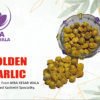
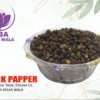
₹224.00 – ₹351.00Price range: ₹224.00 through ₹351.00 N/A
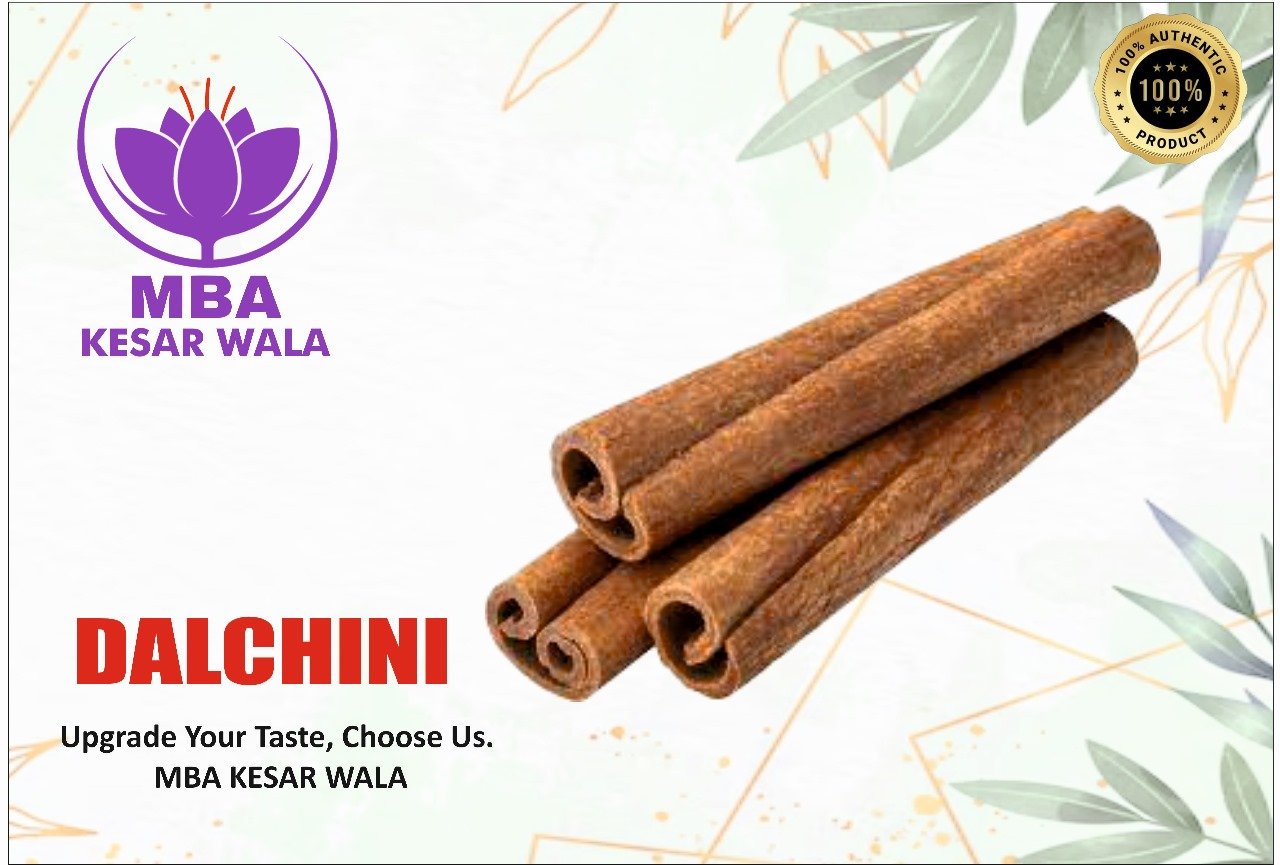
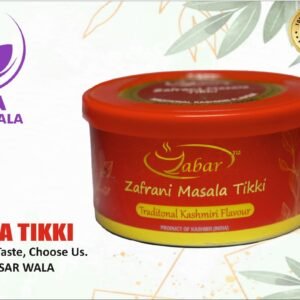
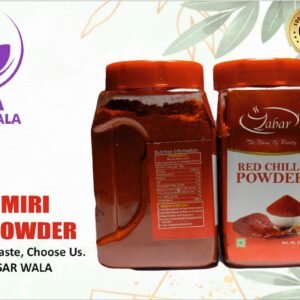


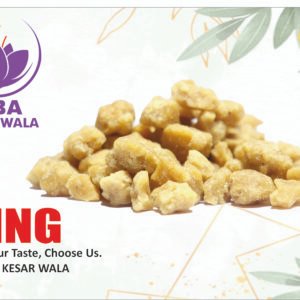
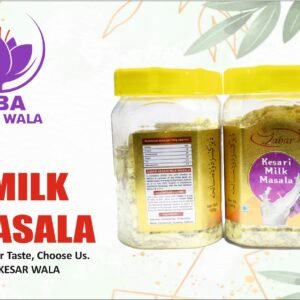

Reviews
There are no reviews yet.